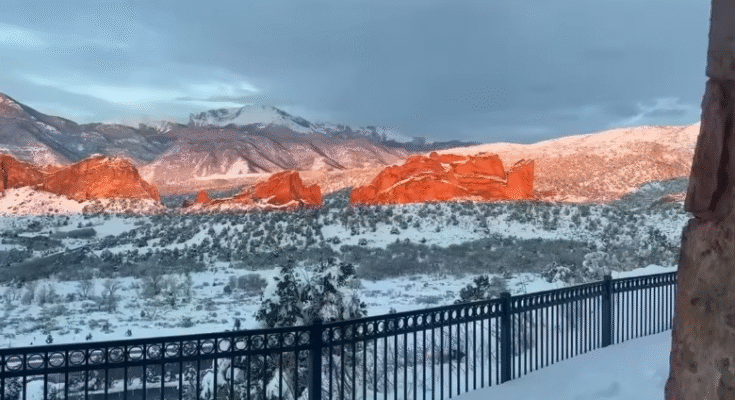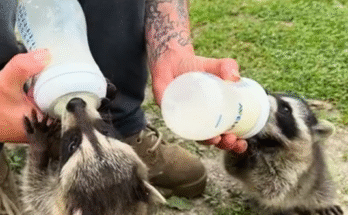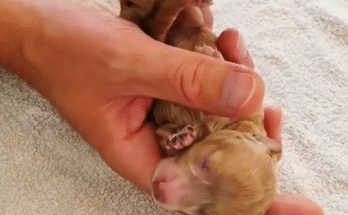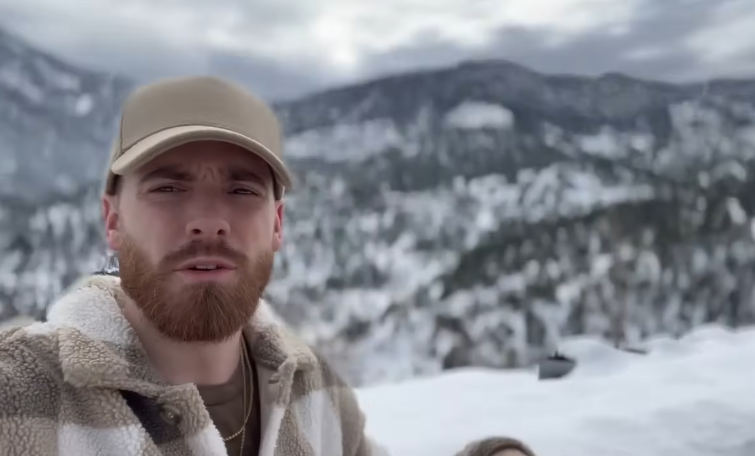
I remember the first day I met them like it was yesterday. I had just moved into a new city—fresh start, new job, unfamiliar streets. Everything was buzzing with possibility. But there was also a quiet unease inside me, the fear of being out of place. I’d faced it before: the side glances, the subtle tone shifts, the long pauses in conversation. Racism wasn’t always loud. Sometimes, it was hidden in polite silence.
Still, I was hopeful. I wanted to find community, laughter, and people who accepted me for who I was. So when I got invited to a casual get-together at a local park, I went with an open heart.
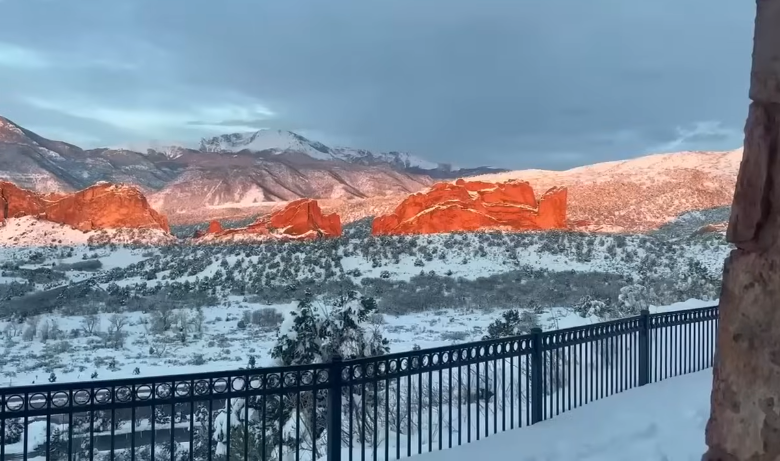
First Impressions
There were maybe ten people there when I arrived. A few tossing a frisbee, others grilling burgers. I recognized a couple of faces from work—nothing more than hallway smiles and the occasional “Hey, how’s it going?” but familiar enough to ease my nerves.
“Hey! You made it!” one of them called. That was Jake. He was the unofficial host, with a wide grin and the kind of charisma that made you feel like you belonged. Introductions started immediately, and within a few minutes, I found myself talking about music, movies, and how bad I was at frisbee.
Cracks in the Surface
Things were good for a while. Easy, even. I laughed. I shared stories. I even volunteered to help clean up when a drink spilled. But then came the joke.
It wasn’t even directed at me. One of the guys, trying to be funny, dropped a racial stereotype in the middle of a story. Everyone laughed—well, almost everyone. My smile faded instantly. I waited to see if anyone would speak up. No one did.
I stood there, trying to decide: do I say something and risk becoming “that person,” or do I let it slide and pretend it didn’t sting?
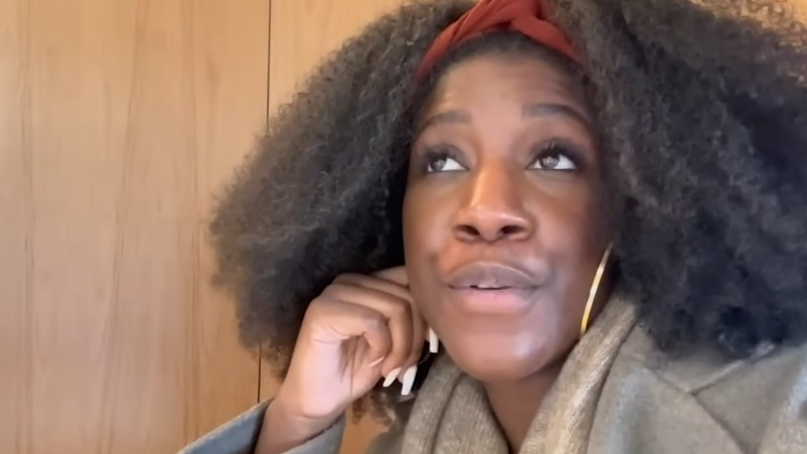
Choosing My Voice
In that moment, I remembered something my mother once told me: “Your silence can be mistaken for agreement.”
So I spoke. Not with anger, but with honesty.
“Hey, I just want to say—that joke? Not cool. It might seem harmless, but stuff like that adds up.”
The group went quiet. Jake looked embarrassed. The guy who told the joke shrugged and muttered, “Just messing around. No big deal.”
But it was a big deal. It always is.
Aftermath
I thought about leaving right then. I didn’t want to be around people who couldn’t understand the weight of their words. But Jake pulled me aside.
“Hey, I’m really sorry about that. I should’ve said something. You’re right. That wasn’t okay.”
He looked genuine, and I appreciated that. “It’s not just about one joke,” I said. “It’s about feeling safe and respected.”
He nodded. “I get it. And I’m glad you said something. Seriously. Some of us need to hear it out loud to really understand.”

Growth and Grace
The next time we met up, it felt different—in a good way. The guy who made the joke wasn’t there, and while I don’t know if that was coincidence or consequence, I noticed the tone of the group shift. People were more thoughtful. They asked questions, shared their own experiences with ignorance and learning.
I realized that change doesn’t always come from confrontation. Sometimes it comes from conversation.
Over time, I built real friendships with these people. We talked about more than just surface stuff. We shared our backgrounds, cultures, challenges, and dreams. They listened. They learned. And so did I.
Racism Isn’t Always Loud
I think one of the hardest things about racism is how sneaky it can be. It’s not always someone yelling slurs. Sometimes it’s a joke that no one questions. A comment that everyone laughs off. A question that feels more like an accusation than curiosity.
Dealing with racism means being willing to call it out—but also being willing to stay and talk when it’s safe to do so. It means creating spaces where people can learn without shame, but also with accountability.

New Friends, New Hope
The friends I made that day weren’t perfect. Neither am I. But they were willing to grow, to listen, and to support me. And that made all the difference.
I still encounter racism, sometimes from strangers, sometimes in subtle comments from people who should know better. But I also know I have a circle now—people who have my back, who speak up, who understand that friendship isn’t real if it doesn’t come with respect.
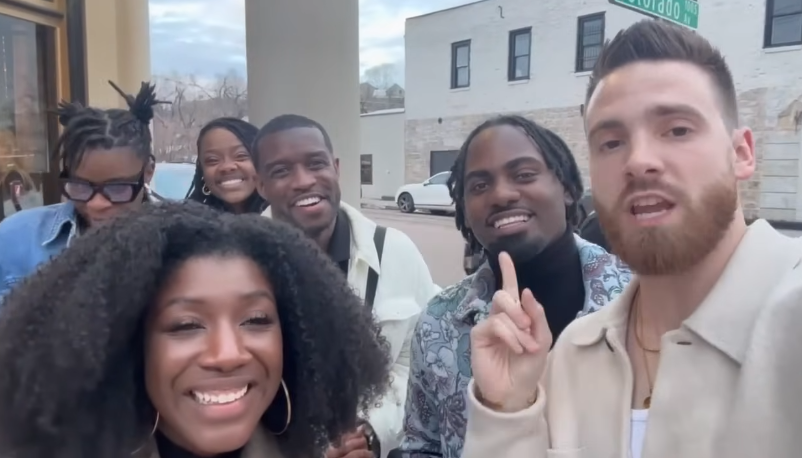
Final Thoughts
Meeting new friends can be beautiful, exciting, and healing. But it can also be complex when racism enters the room. The key is not to stay silent. Speak your truth. Share your perspective. And when you find people who are willing to learn and grow with you, hold them close.
This world changes when we choose connection over comfort, courage over convenience. That day at the park? It started with small talk and ended with a deeper understanding. That’s the power of speaking up. That’s the beginning of real change.
